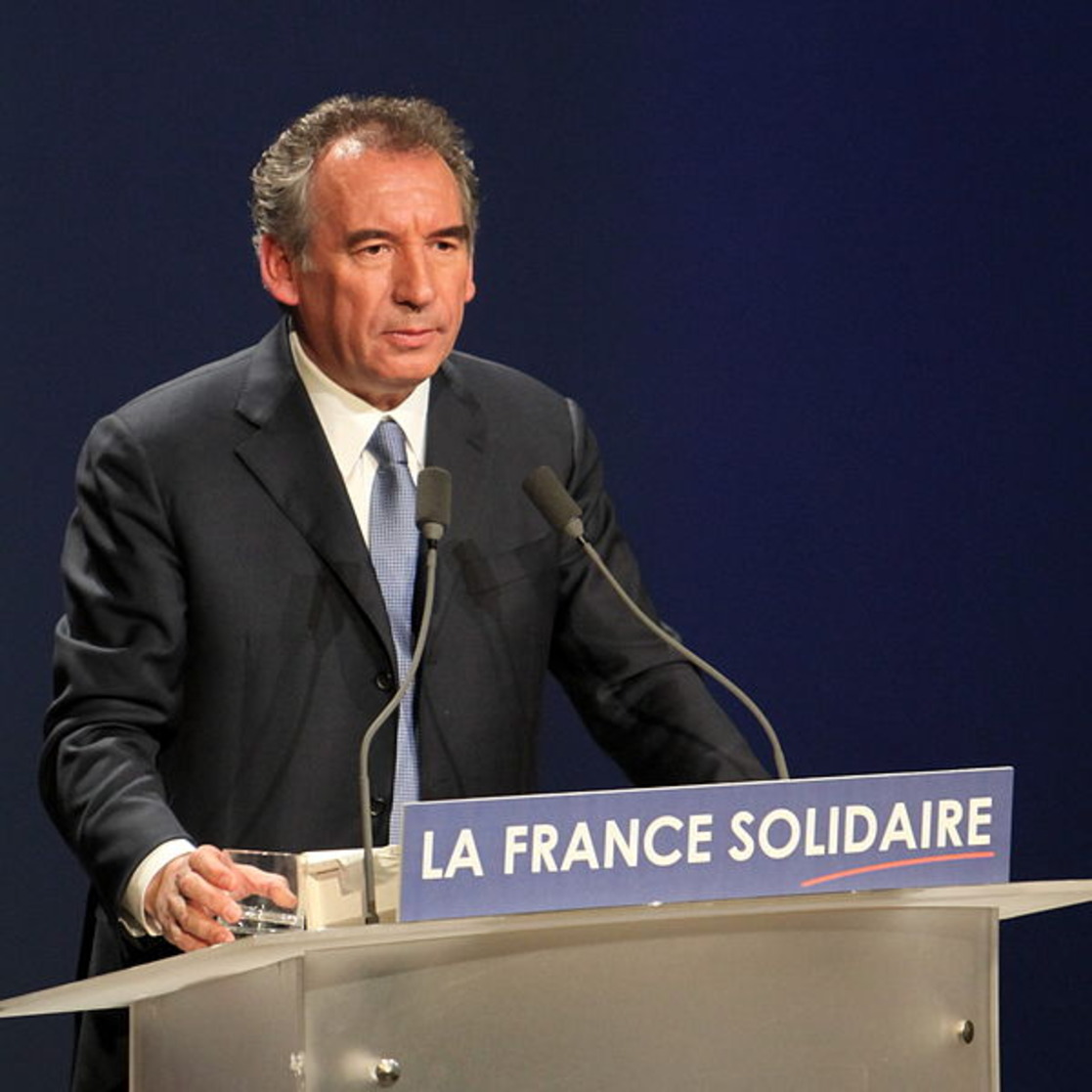On Friday, December 2024, French President Emmanuel Macron appointed François Bayrou as the country’s new prime minister, a move designed to break the political deadlock that followed a recent no-confidence vote ousting the previous government. Bayrou, a seasoned political figure and centrist leader, faces the daunting challenge of navigating France’s fragmented parliament and restoring political stability.
Political Background and Career
François Bayrou, 73, has been a fixture in French politics for decades. The founder and leader of the centrist Democratic Movement (MoDem), Bayrou is best known for his tenure as education minister in a conservative government from 1993 to 1997. Throughout his political career, Bayrou has emphasized the importance of centrist, pro-European policies and has sought to balance France’s often polarized political landscape.
Bayrou has also made several attempts at the presidency. He ran for office in 2002, 2007, and 2012, with his most successful bid in 2007, where he secured nearly 19% of the vote, finishing in third place. However, his political trajectory shifted in 2017 when he threw his support behind Emmanuel Macron, effectively ending his own presidential ambitions. Bayrou’s backing of Macron was seen as a significant endorsement for the then-emerging president, who positioned himself as a centrist alternative to traditional French political parties.
Despite briefly serving as justice minister in Macron’s early government, Bayrou resigned over an investigation into alleged financial misconduct within his party. The case was resolved in 2024 when a Paris court cleared Bayrou, though it found several MoDem officials guilty and fined the party.
A Bridge Between Divided Factions
Bayrou’s appointment comes at a critical time for France, as the country faces severe political gridlock. After snap elections in June 2024, the parliament is divided into three major factions: a left-wing alliance that came out on top, Macron’s centrist bloc, and the far-right National Rally (RN). Despite winning the most votes, the left-wing bloc has been unable to form a majority, and no single party holds enough power to push through key legislation, including the national budget for the coming year.
Macron’s choice of Bayrou is seen as a strategic effort to unite these factions and bridge the gaps between the left, right, and centrist groups. Bayrou’s long-standing political experience and reputation for being a consensus-builder are key factors in his selection. His ability to navigate France’s political divisions will be crucial as he works to form a government and pass a budget, a major point of contention among the country’s political parties.
Challenges Ahead
Bayrou’s appointment has not been met with universal approval. The far-right National Rally (RN) has expressed cautious optimism, acknowledging that the prime minister must work to accommodate the opinions of all factions. Jordan Bardella, RN’s president, stated that the party has “red lines” when it comes to budget negotiations and is taking a wait-and-see approach regarding Bayrou’s leadership.
Meanwhile, left-wing critics view Bayrou’s appointment as an extension of Macron’s policies, which they argue were rejected in the summer elections. Manon Aubry, from the leftist party La France Insoumise, has described Bayrou as the “very embodiment of Macronism,” while Mathilde Panot, leader of the hard-left France Unbowed faction, declared that the appointment represents “the continuity of Macron’s bad policies.” Panot’s party has even suggested the possibility of submitting a no-confidence motion against Bayrou’s government.
The divided parliament and the entrenched political rivalries pose a significant challenge for Bayrou, who will need to find common ground among highly polarized factions to secure vital reforms and pass the national budget. The political environment remains precarious, and Bayrou’s success will largely depend on his ability to broker deals while managing the growing discontent on both the left and right.
Looking Ahead
As France’s new prime minister, François Bayrou will face a delicate balancing act. His long-standing ties to President Macron and his political experience make him a potentially effective leader in these turbulent times. However, his ability to unite a fragmented parliament, address the concerns of diverse political groups, and pass the 2025 budget will determine whether he can steer France out of its current political crisis. As his tenure begins, Bayrou will need to carefully manage the expectations of his allies and critics alike in order to navigate France’s divided political landscape and guide the country toward stability.
Image By: Rama


